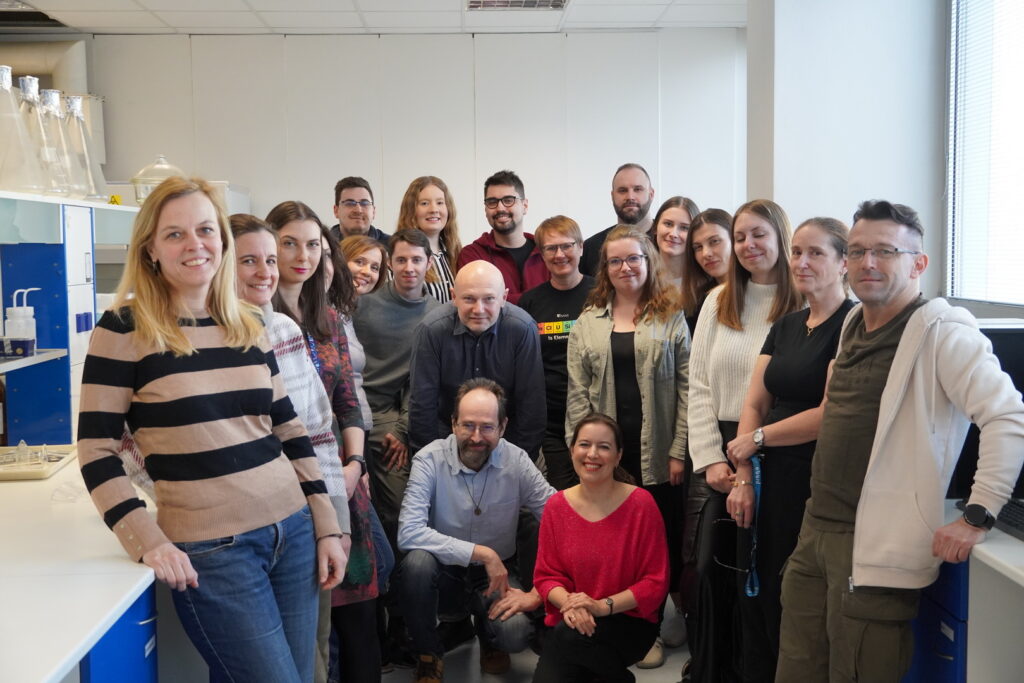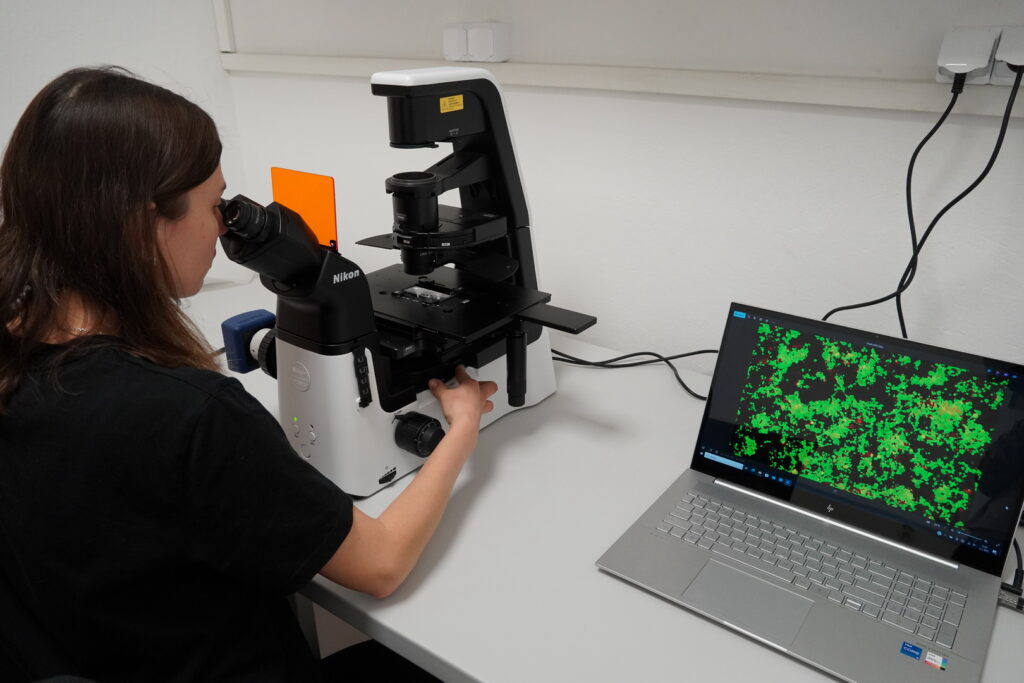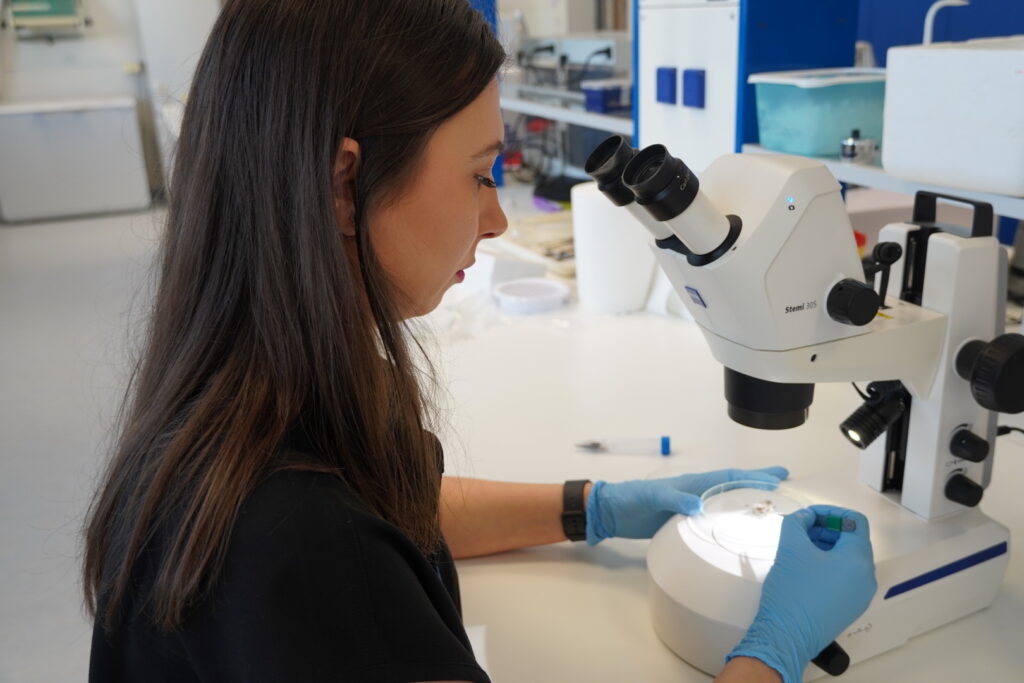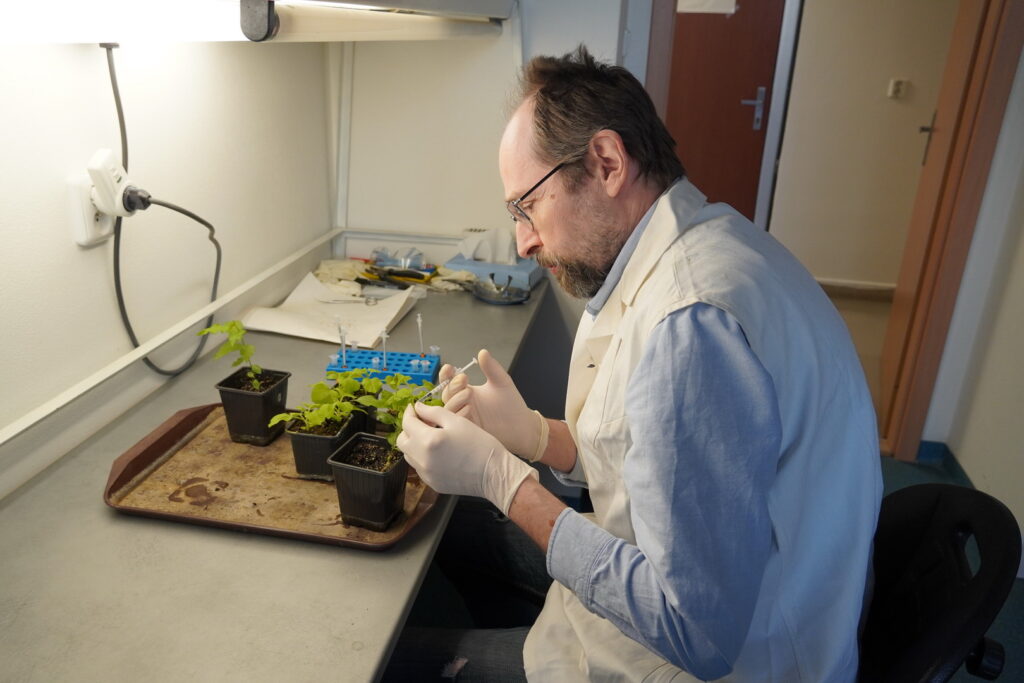Research Topic
We live in an era of global changes that significantly enhance virus spread. Climate change reshapes the distribution of hosts and vectors; deforestation, intensive air travel, global trade, and human migration all contribute to the emergence of new viruses, their spread into new regions, and increased transmission rates leading to epidemics.
We focus on studying viruses in the context of their environment and hosts, aiming to understand the mechanisms of their circulation in nature, transmission, and crossing of species barriers that may lead to new diseases and epidemics. Formed recently by merging several independent research teams, we address these topics across a wide spectrum of medically and economically important viruses:
Rodent-borne viruses
- Molecular evolution and epidemiology of hantaviruses and arenaviruses
- Molecular and cellular mechanisms enabling these viruses to cross species barriers
Tick-borne viruses
- Mechanisms of non-viraemic transmission of tick-borne encephalitis virus
- Development of anti-tick vaccines preventing pathogen transmission
Mosquito-borne viruses
- Surveillance and molecular characterization of West Nile virus, Usutu virus and other mosquito-borne viruses
- Development of long-term sustainable methods to acquire epidemiological data to protect human health
Plant viruses
- Development of innovative molecular diagnostics for detection of viral pathogens in crops (grapevine, fruit trees, vegetables, oil plants)
- Studies of virus diversity and molecular factors driving virulence evolution
- Investigation of virus/plant interactions at molecular and proteomic levels
European Virus Archive
We are a proud partner of the European infrastructure project European Virus Archive goes global (EVAg). Its mission is to support virological research through virus discovery, isolation, characterization, and storage, and by providing viruses and derived materials to partners in academia, public health, and industry. More information: www.european-virus-archive.com
Application outputs
- Virus Detection Methodology APVV 14-0055
- We contributed to the development and clinical validation of all IVD-certified RT-qPCR and LAMP diagnostic kits by MultiplexDX, s.r.o., and provides viral RNA as positive controls: https://www.multiplexdx.com/products?tab=covid-19
Photo Gallery







Head of the Research Group

Dr. Boris Klempa is an internationally recognized virologist specializing in the molecular evolution and ecology of zoonotic viruses transmitted by rodents and ticks. He discovered the first hantaviruses in Africa and pioneered their study in non-traditional hosts, such as insectivores or bats. He is the author of more than 121 scientific publications with over 4,600 citations (H-index 40). For his contributions, he received several prestigious awards, including the Public vote of the ESET Science Award 2020, Crystal Wing 2021, and the Joel M. Dalrymple Award 2019.



